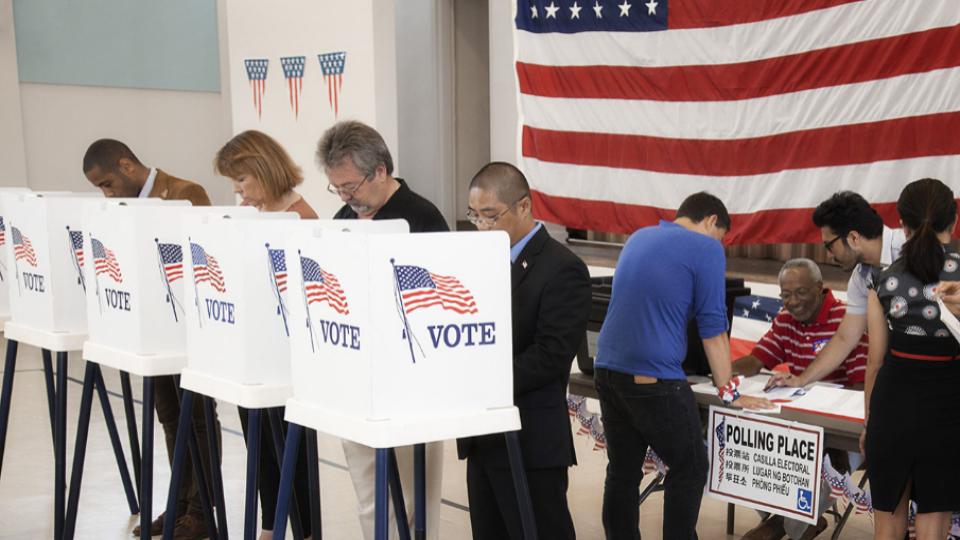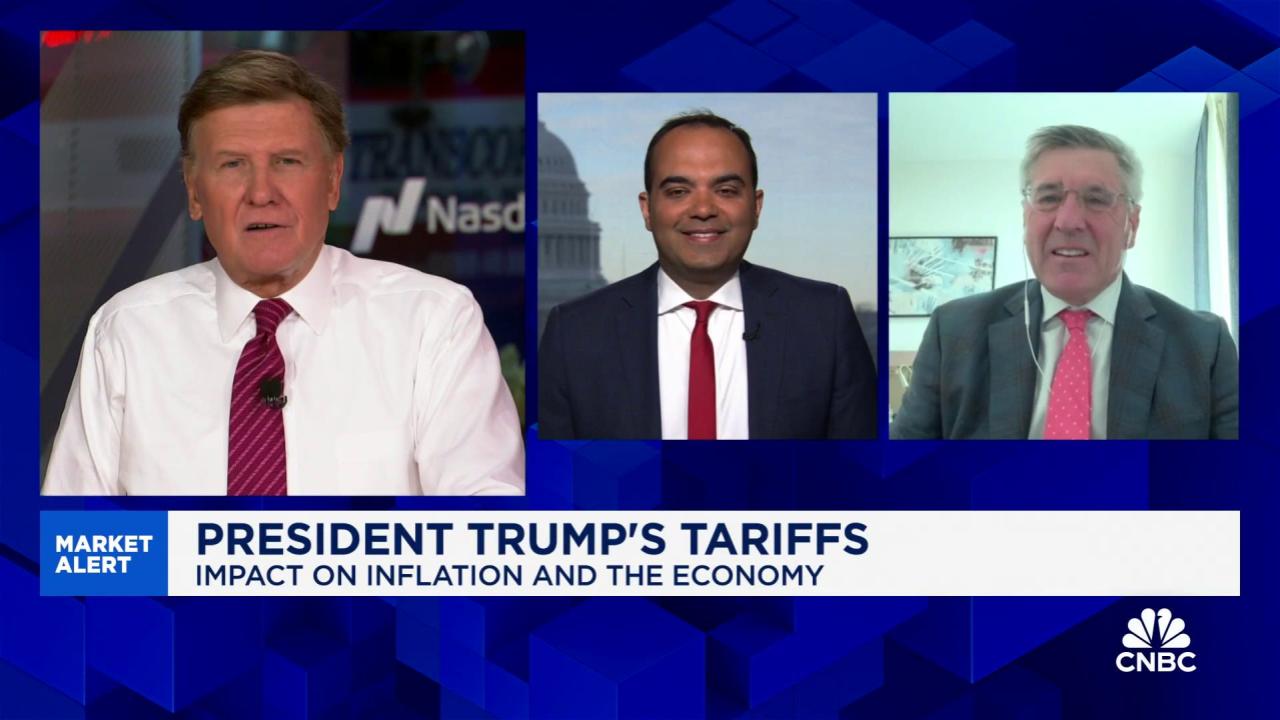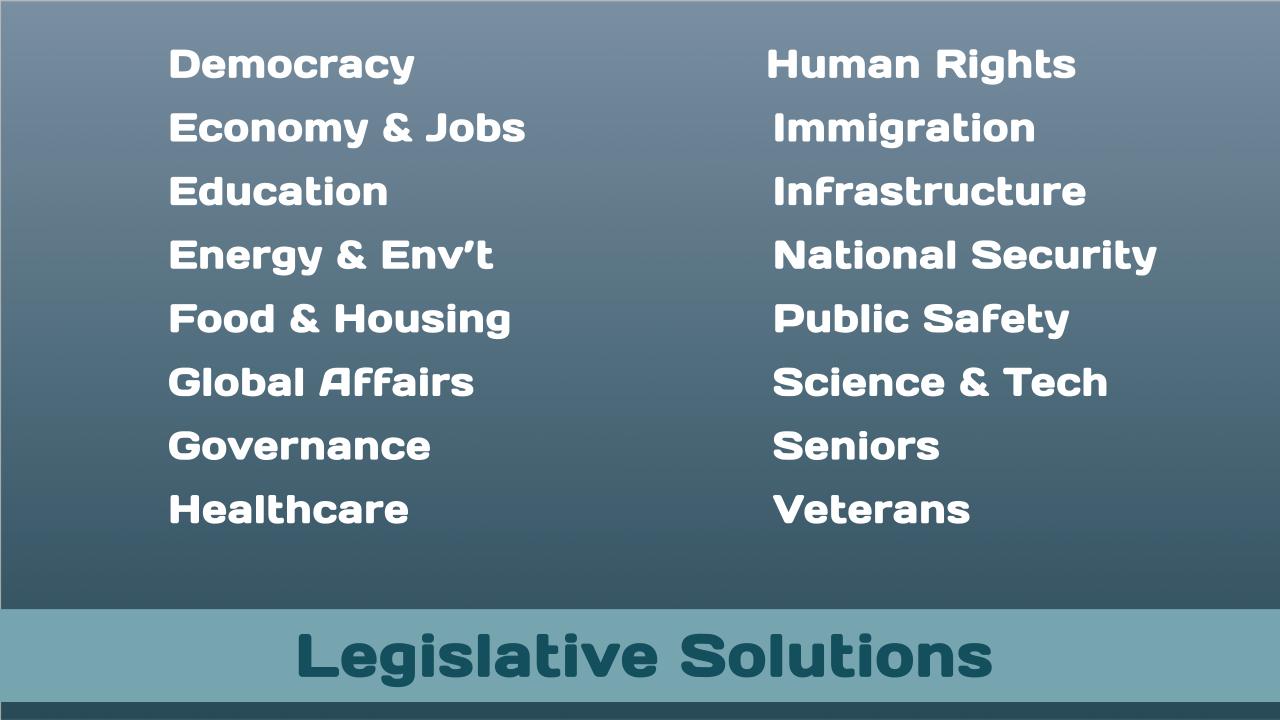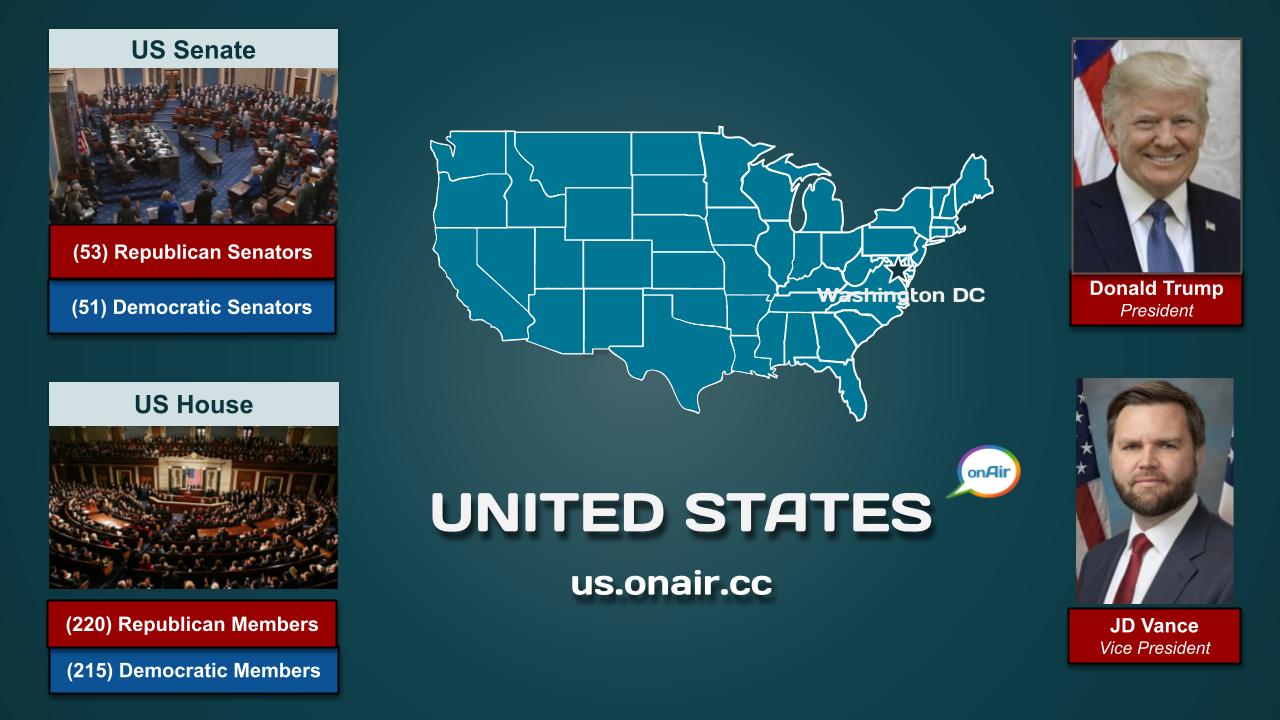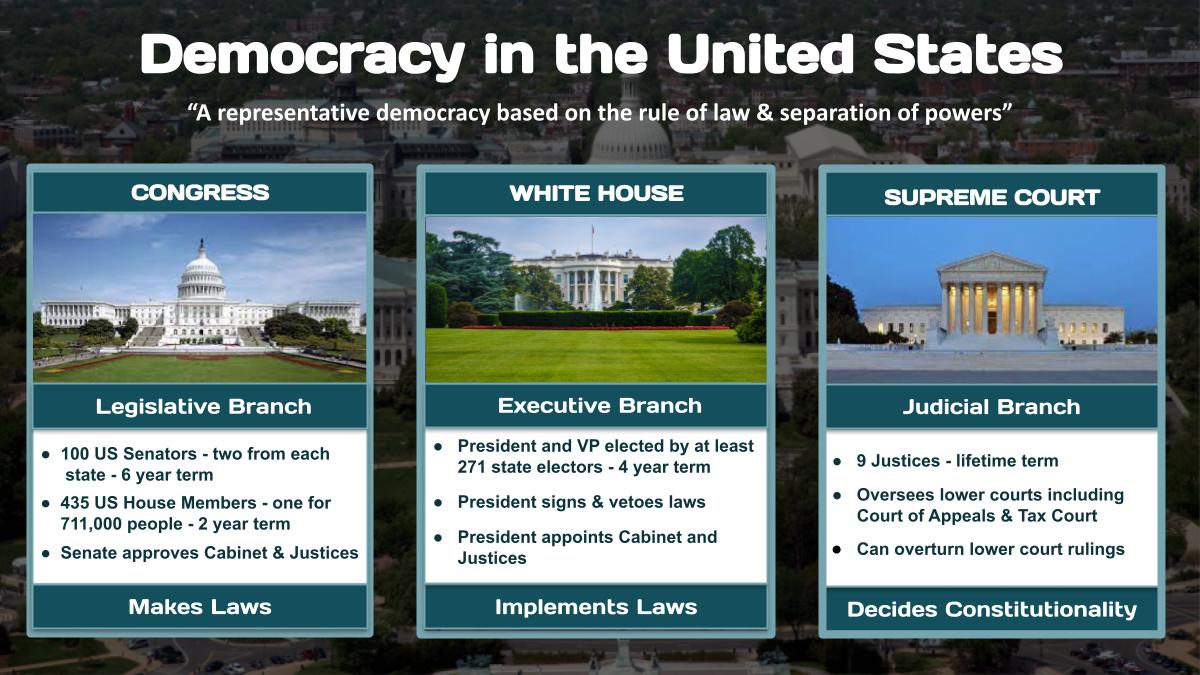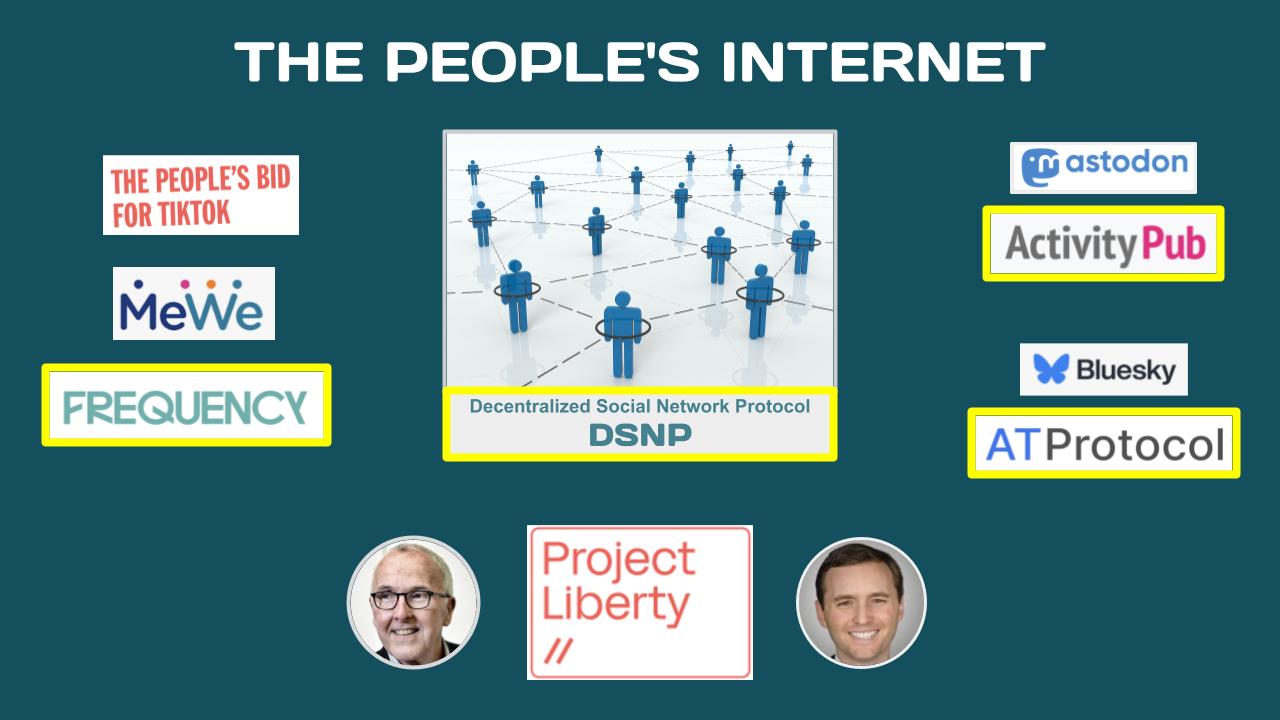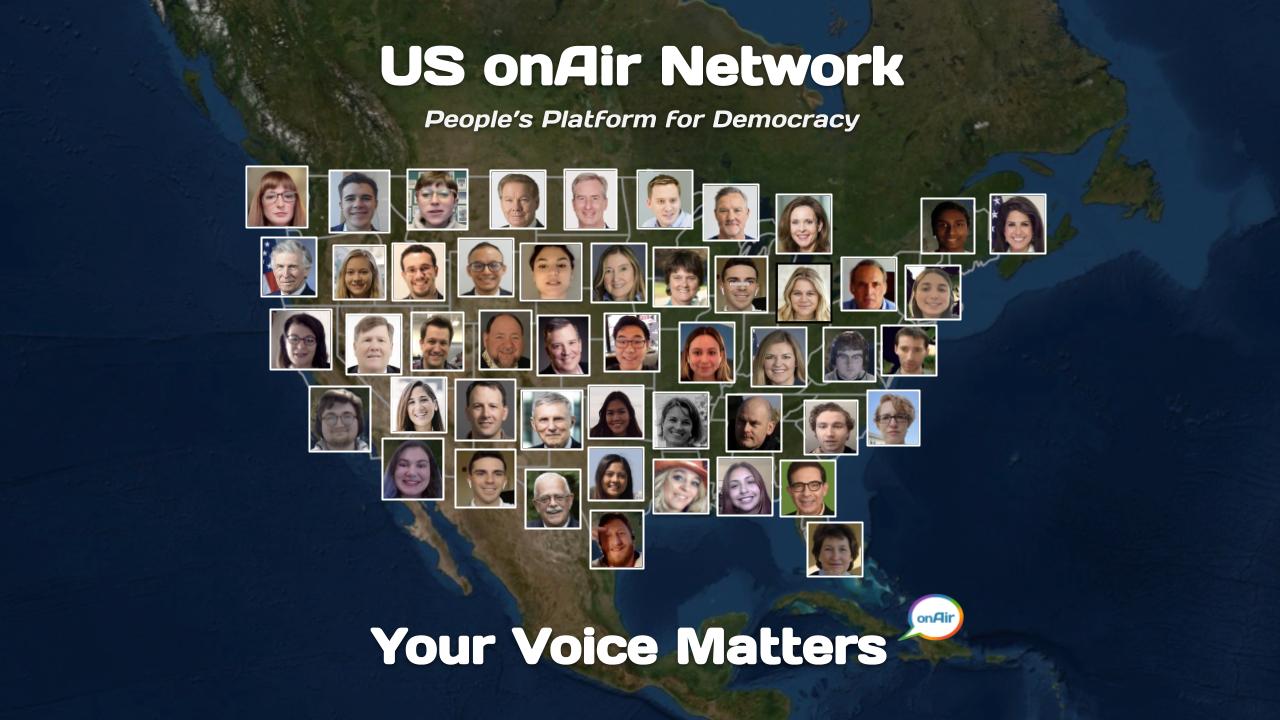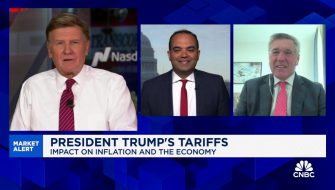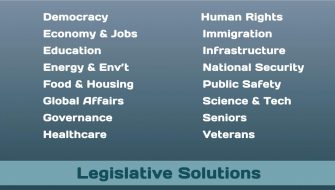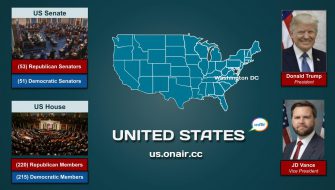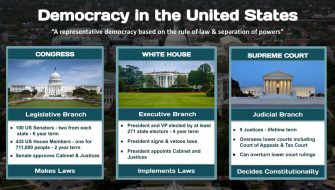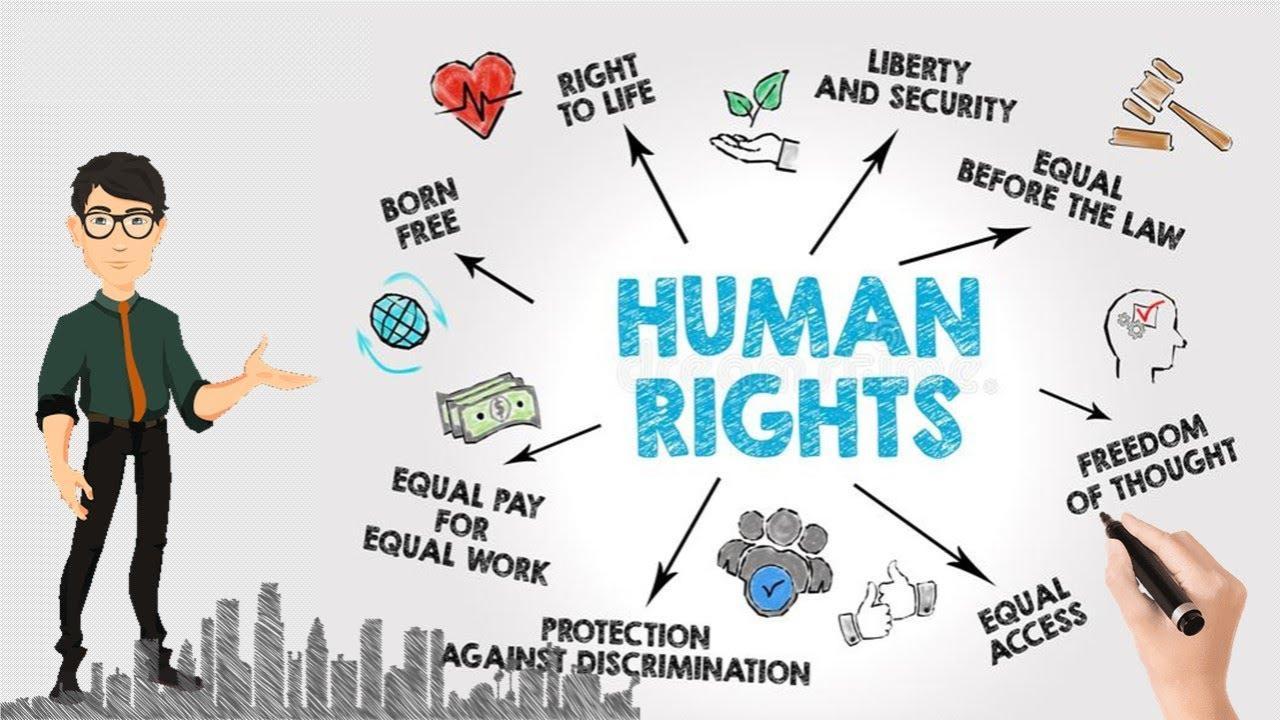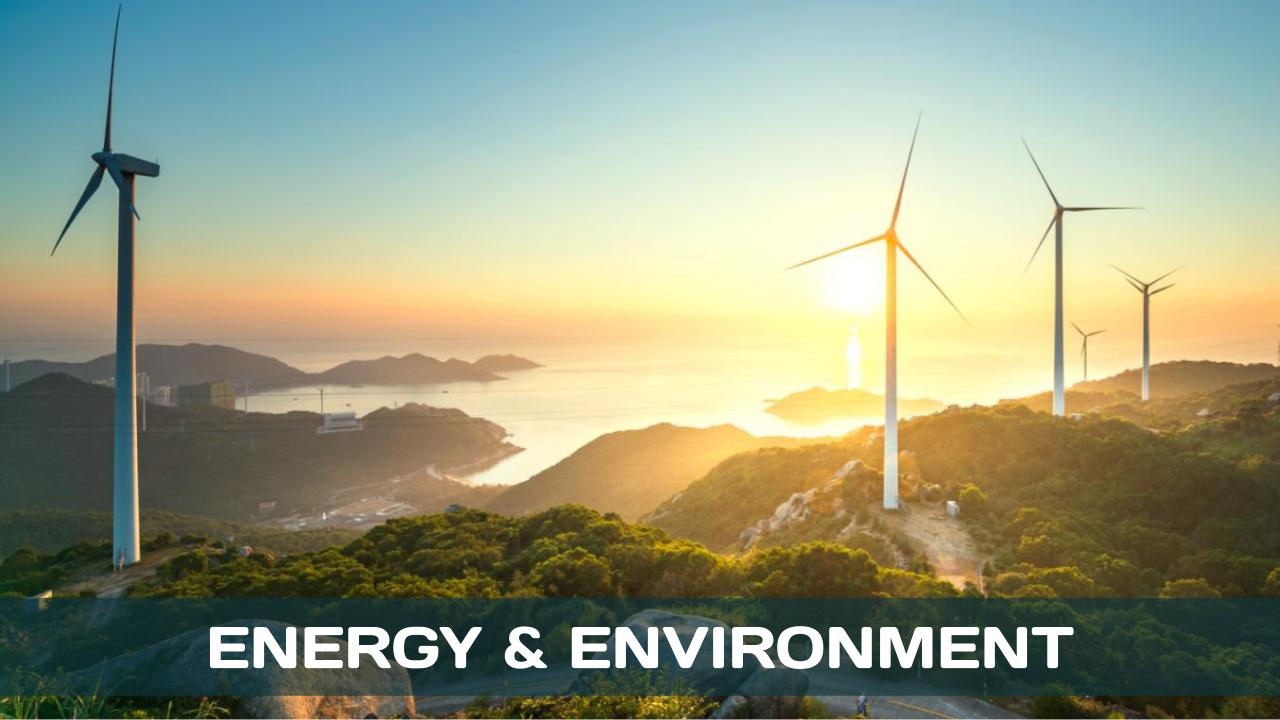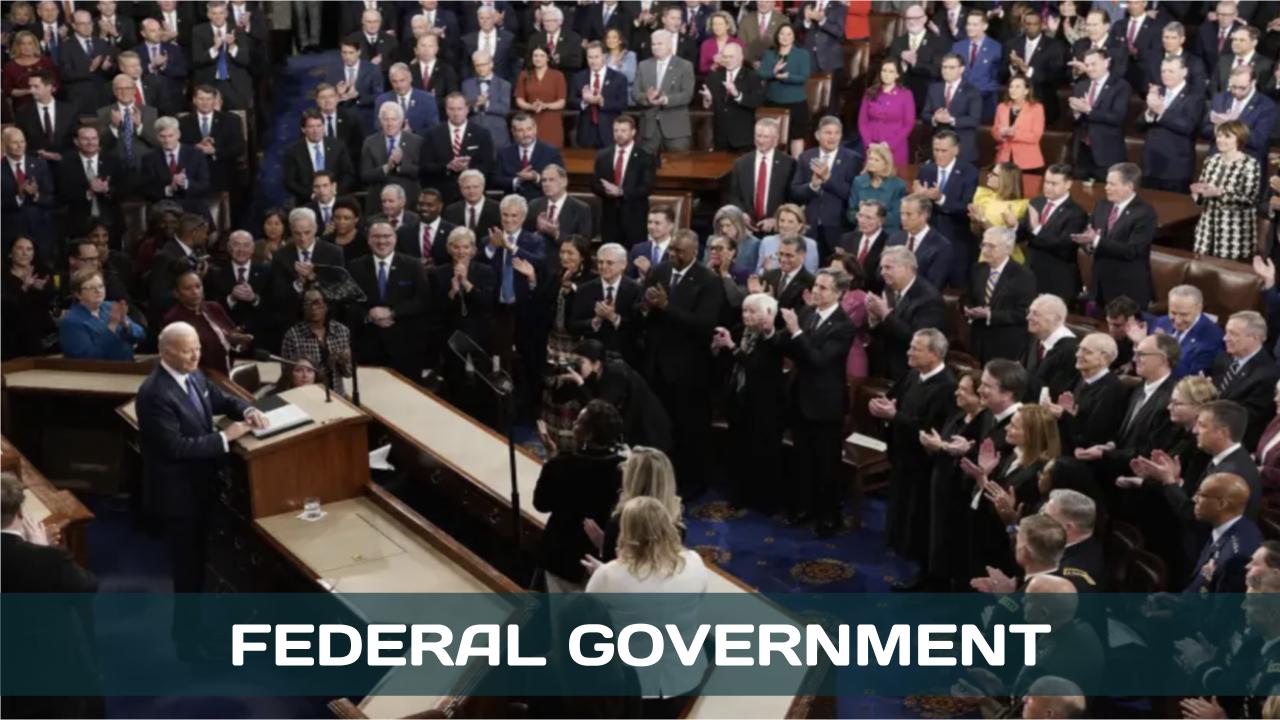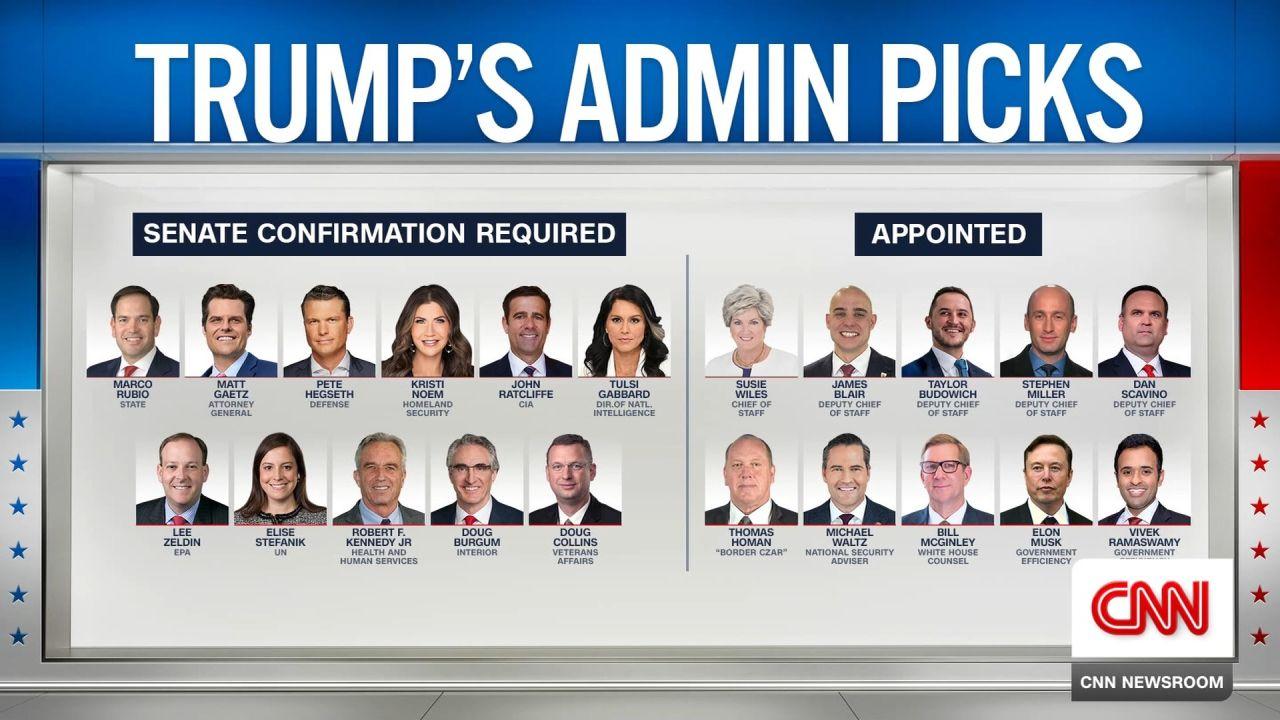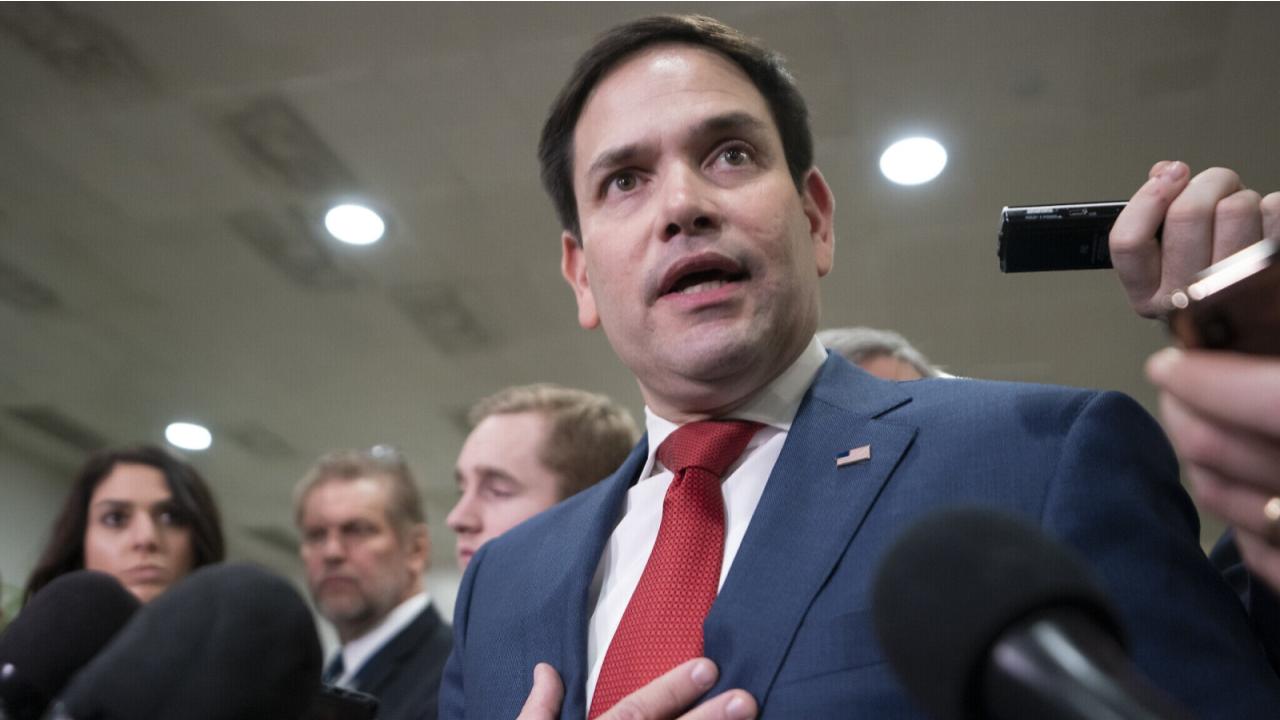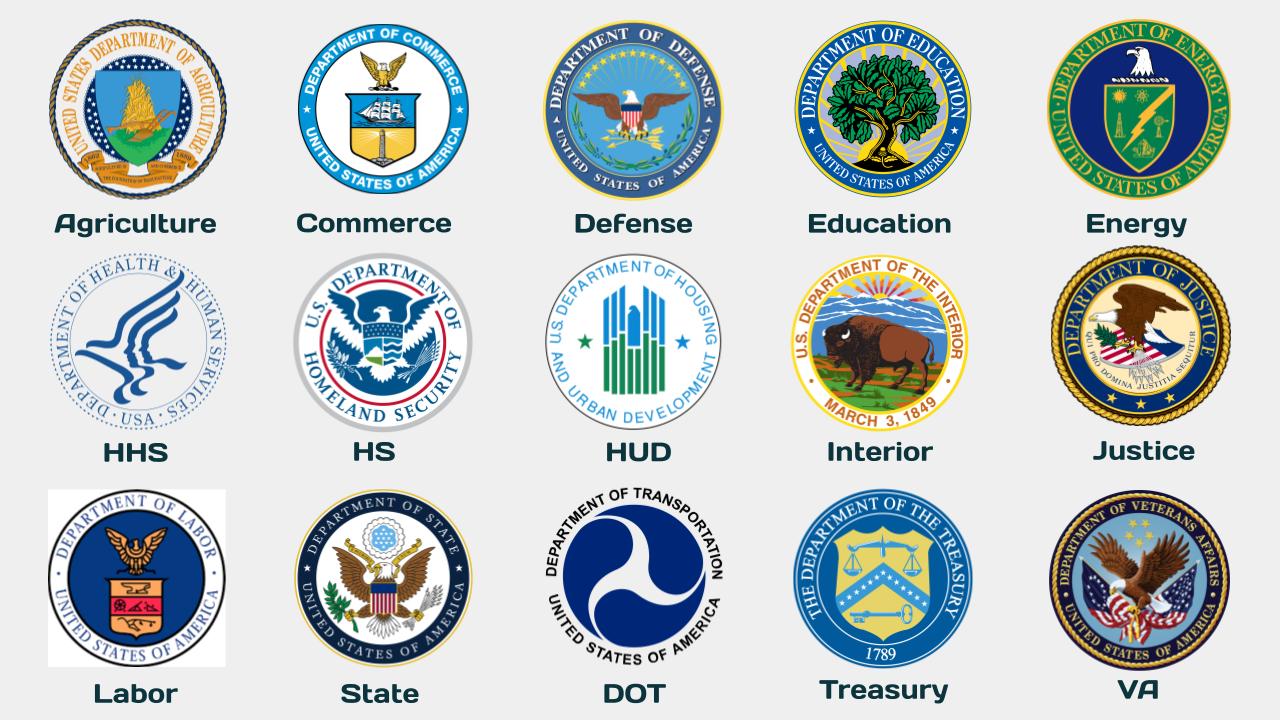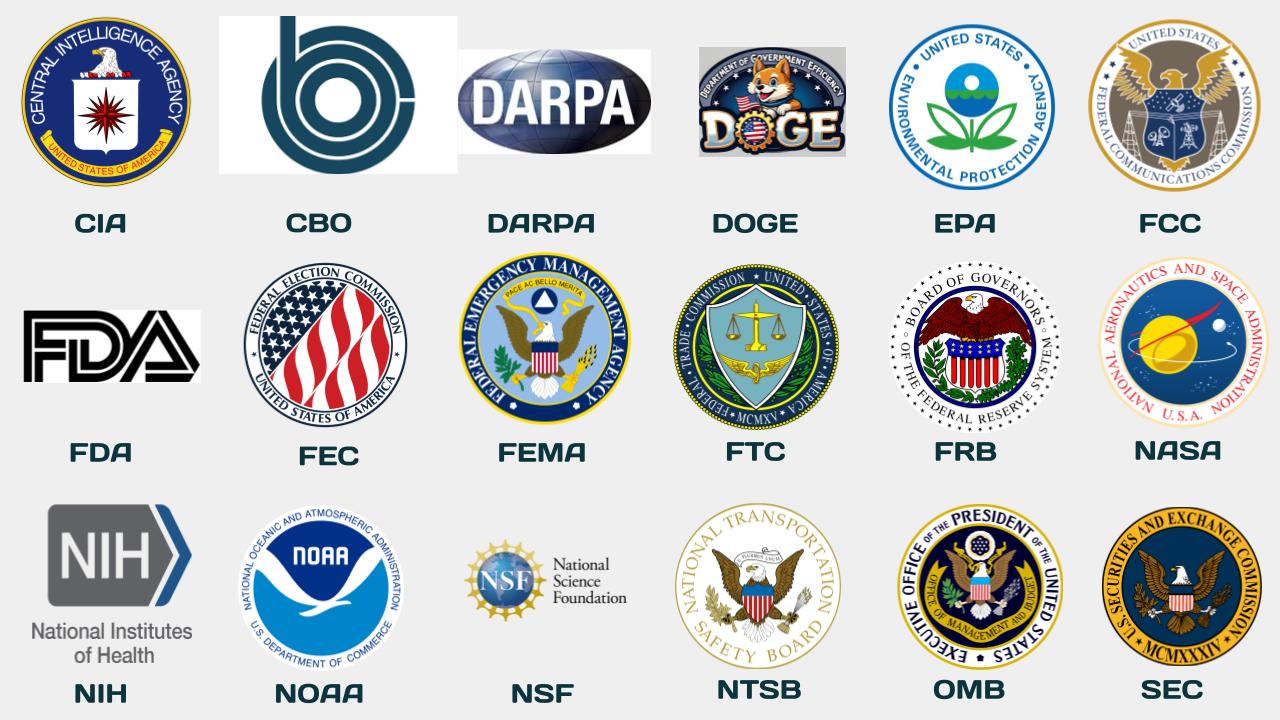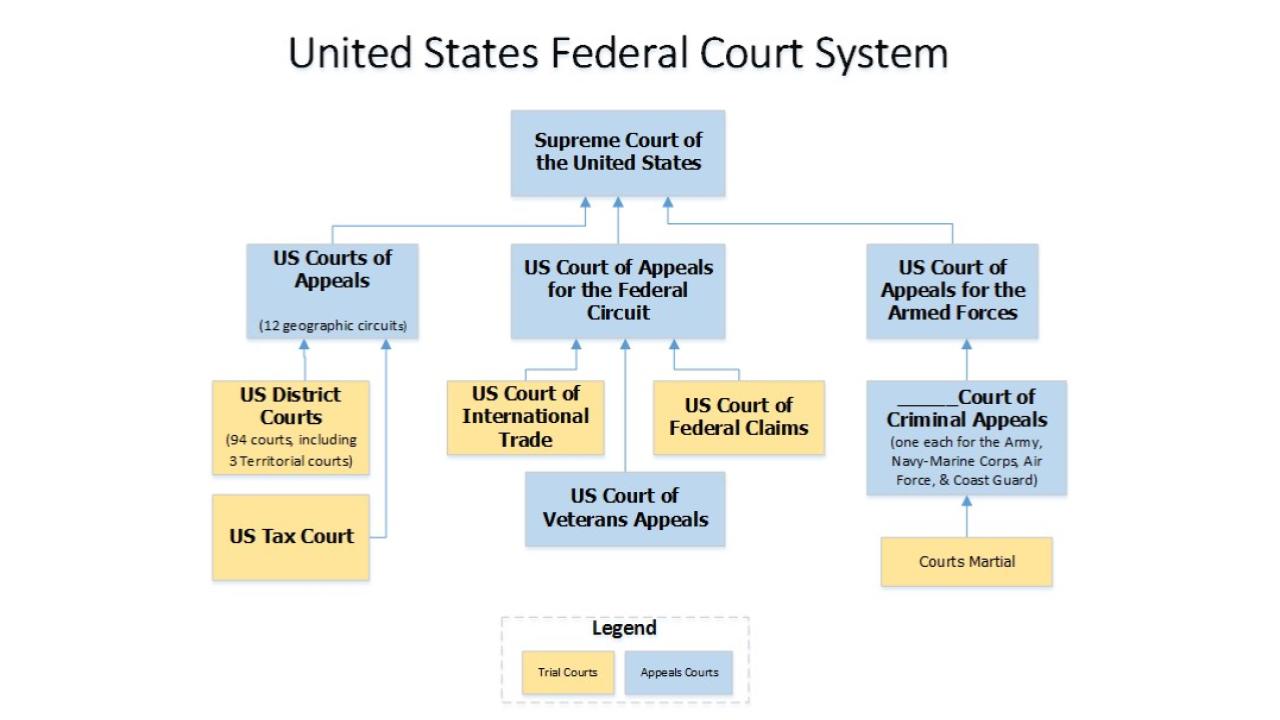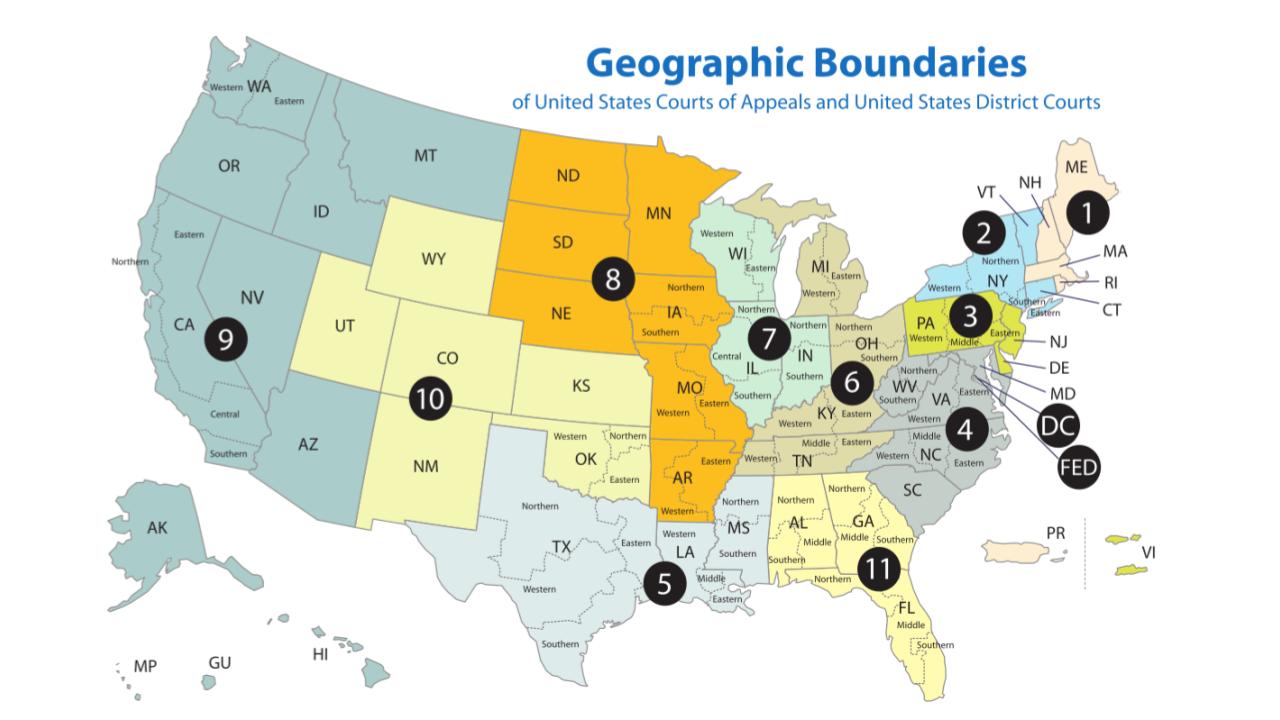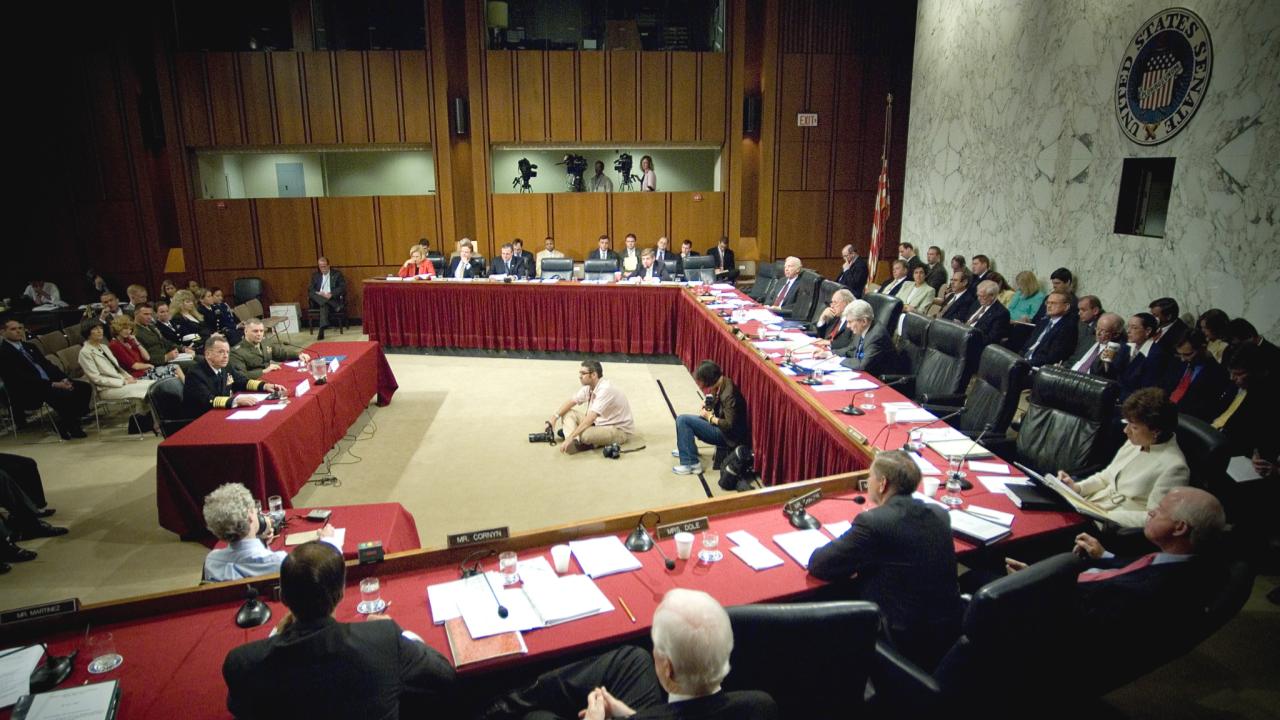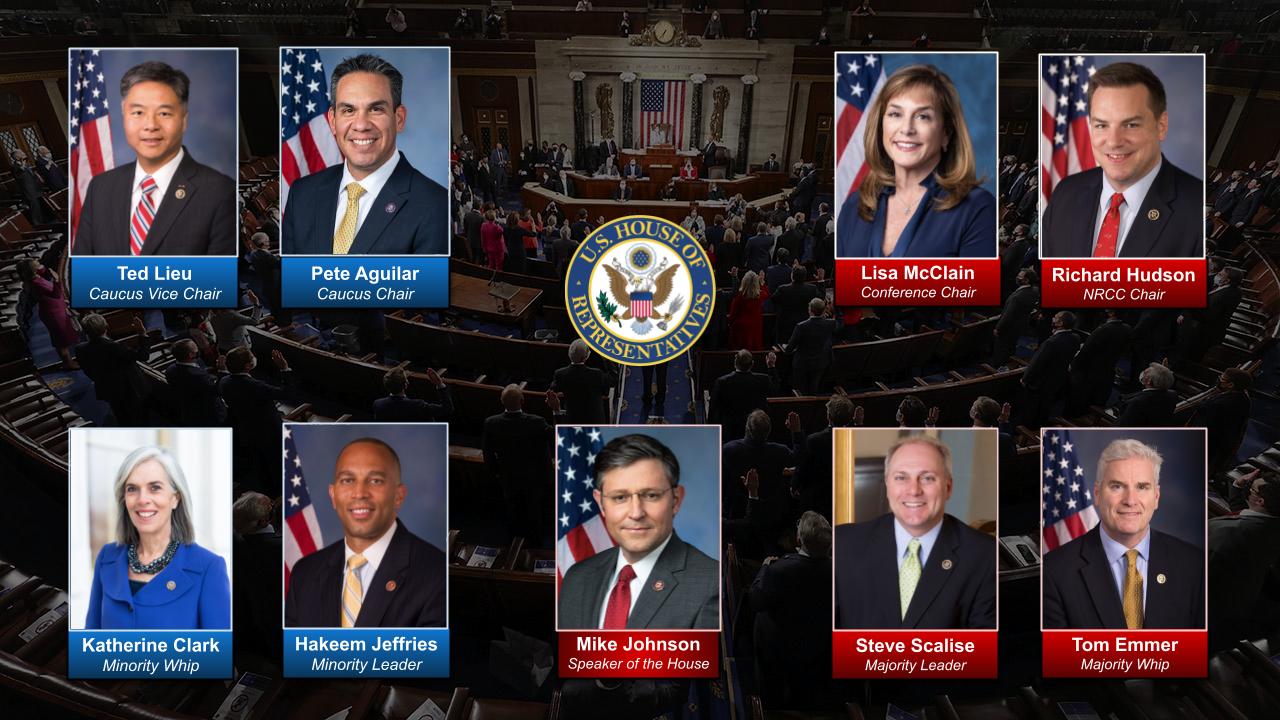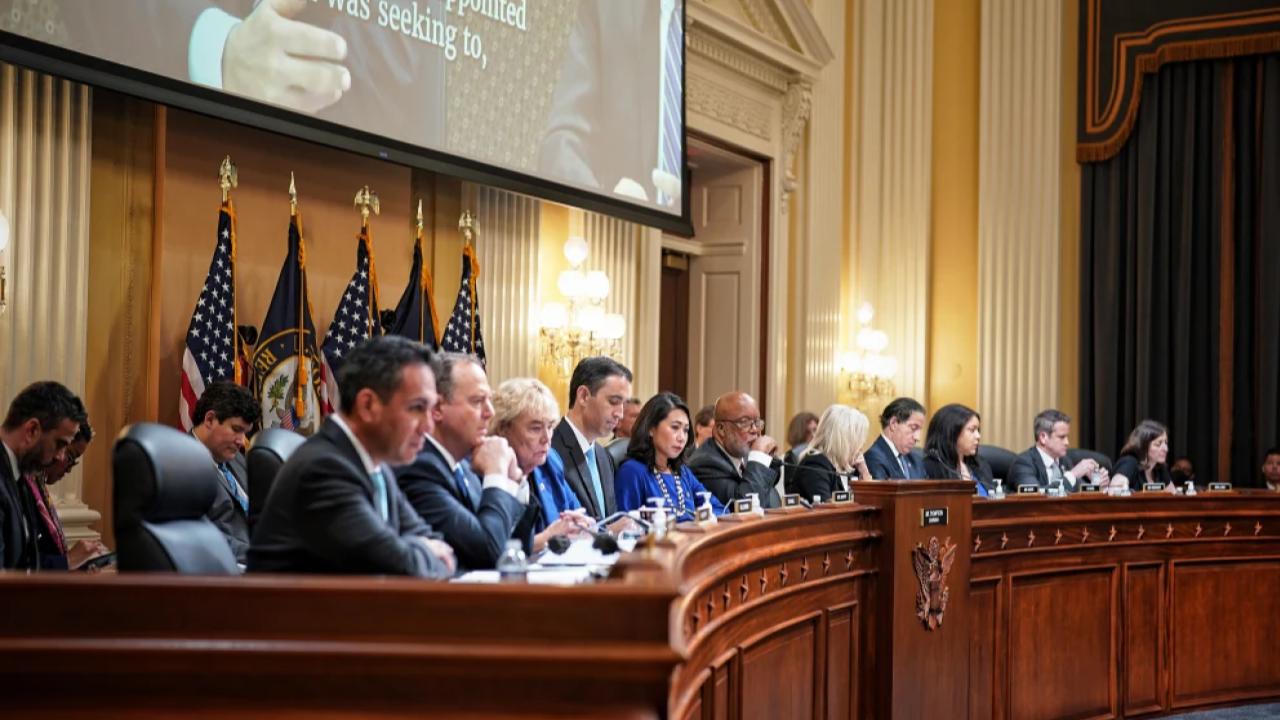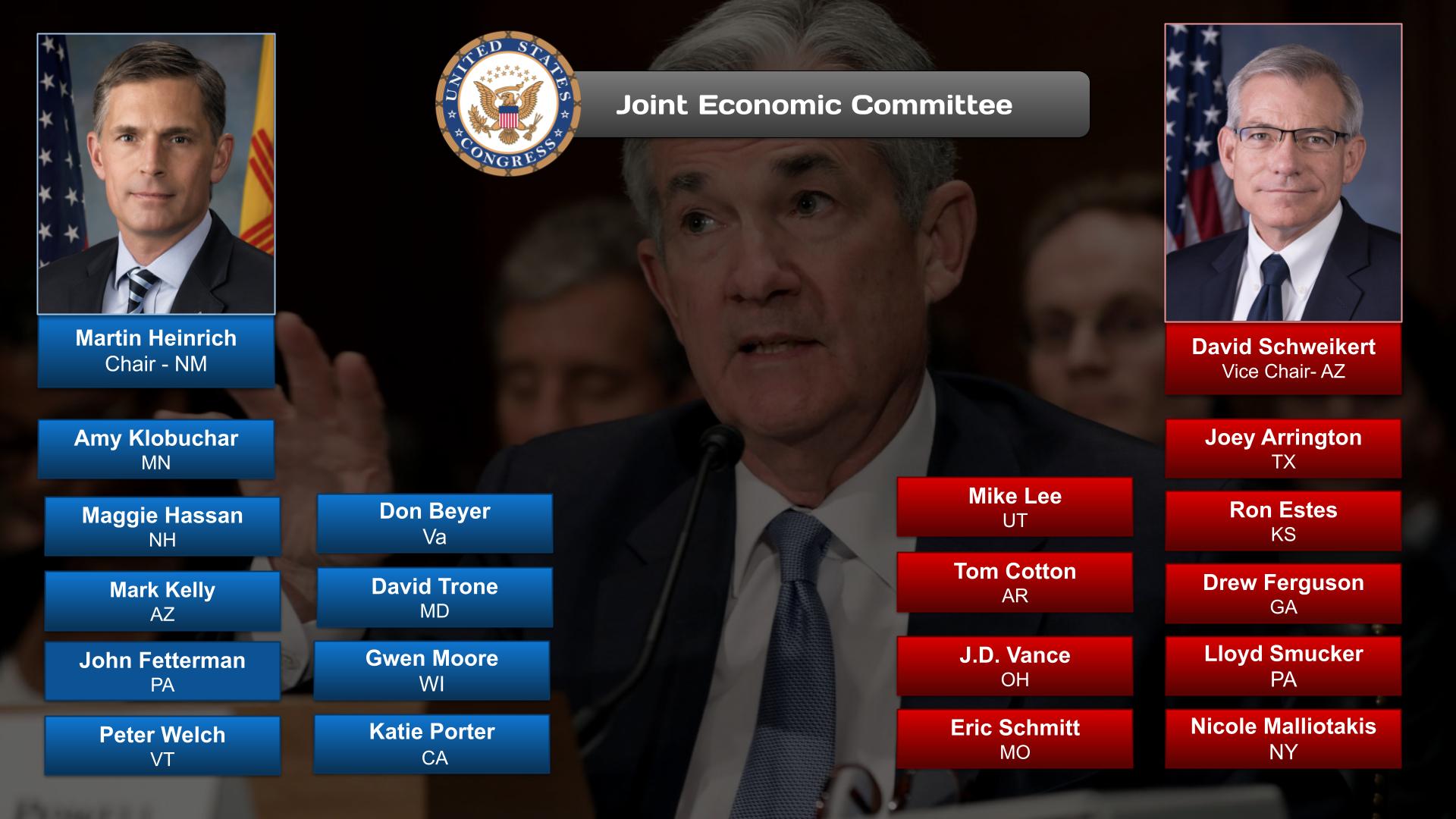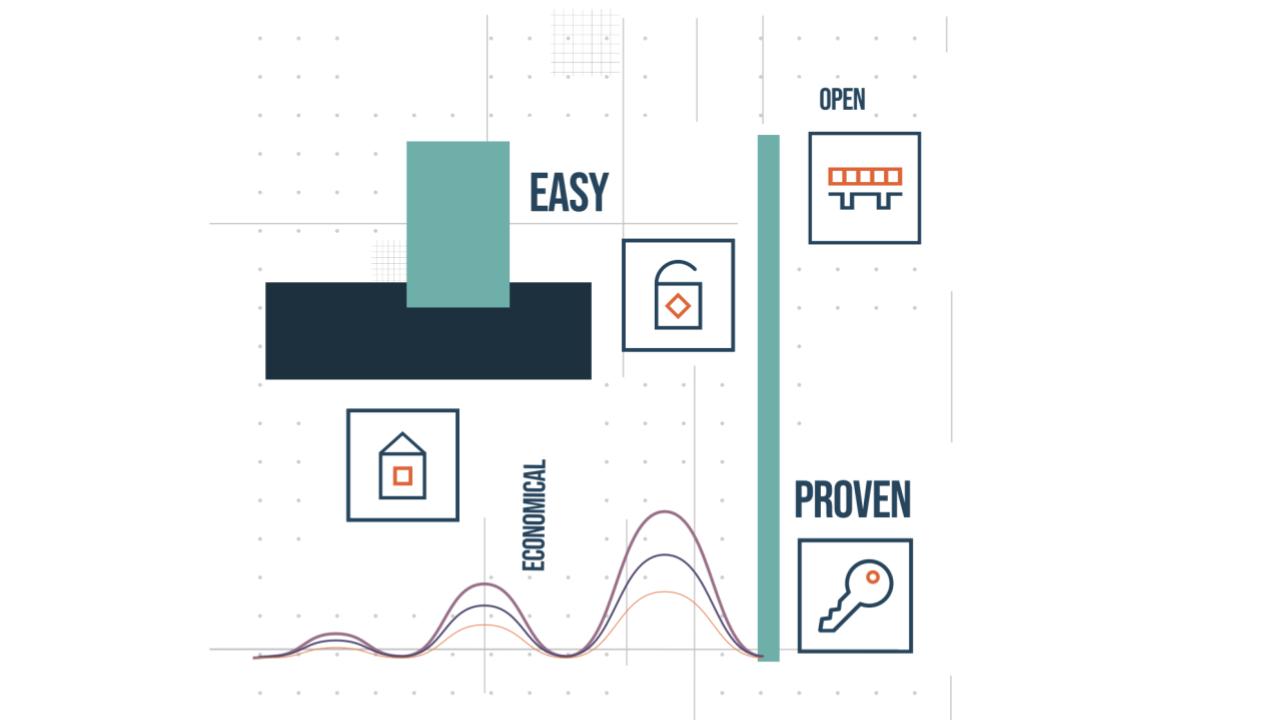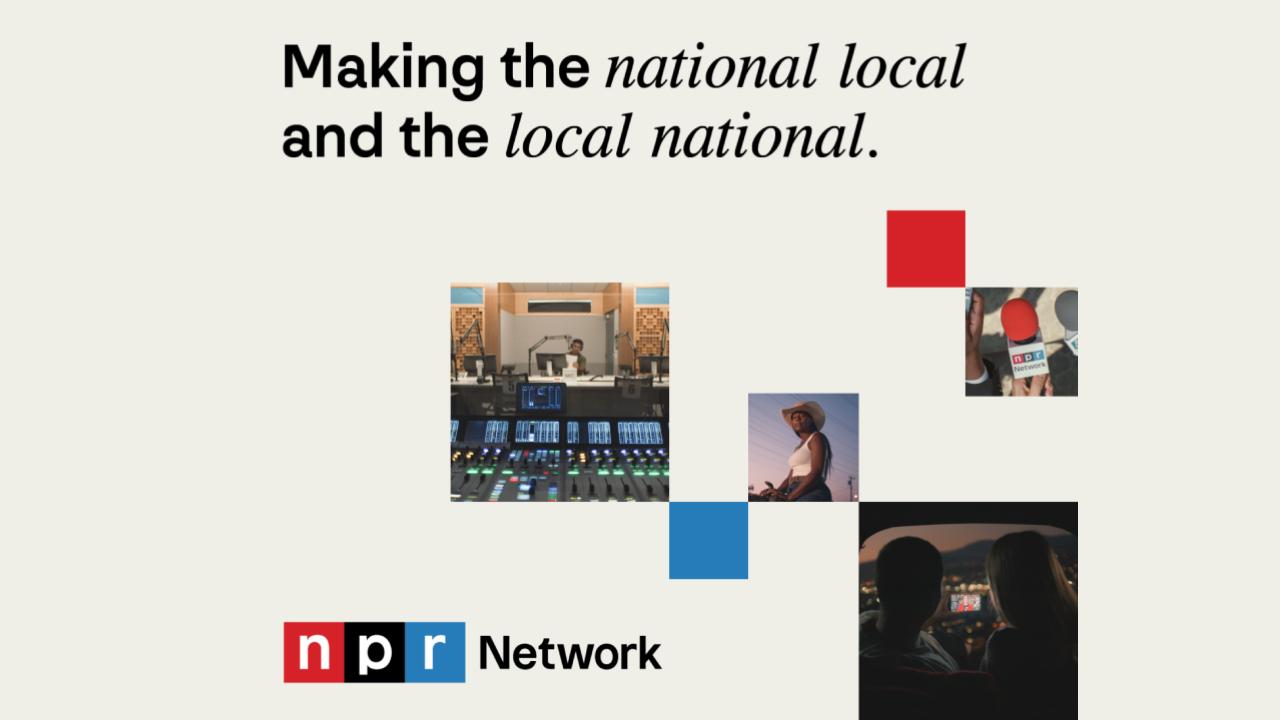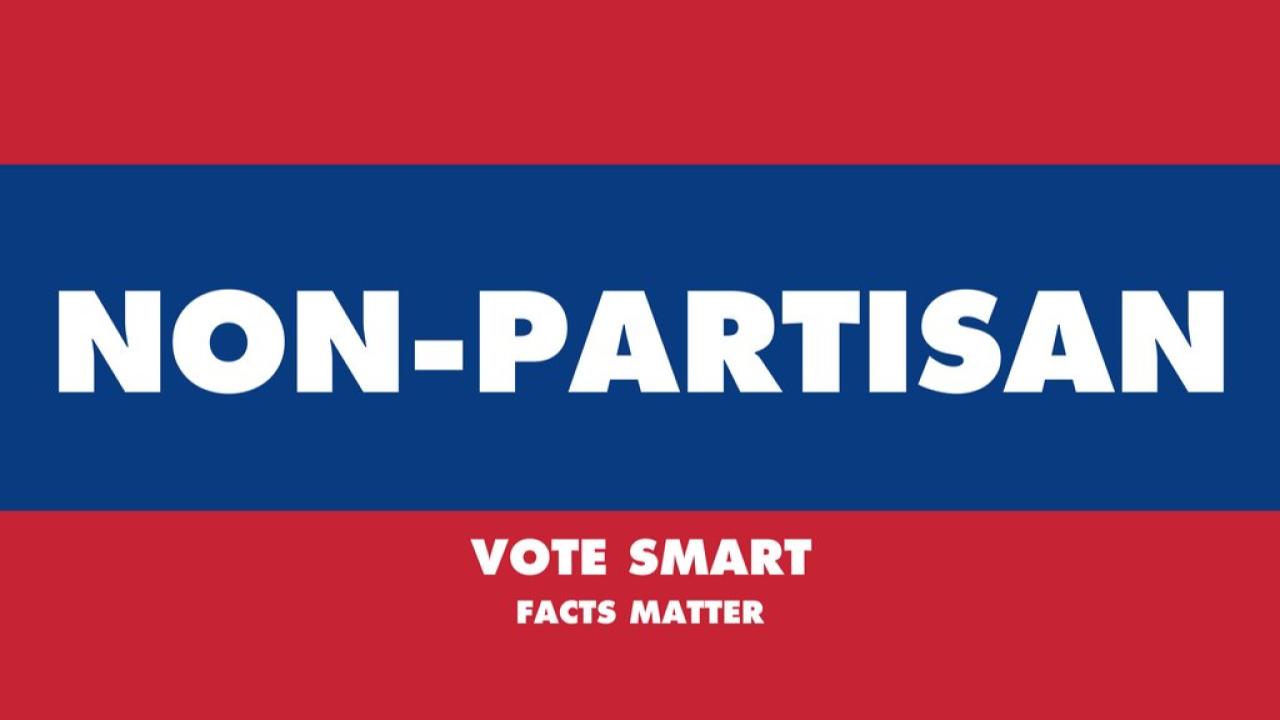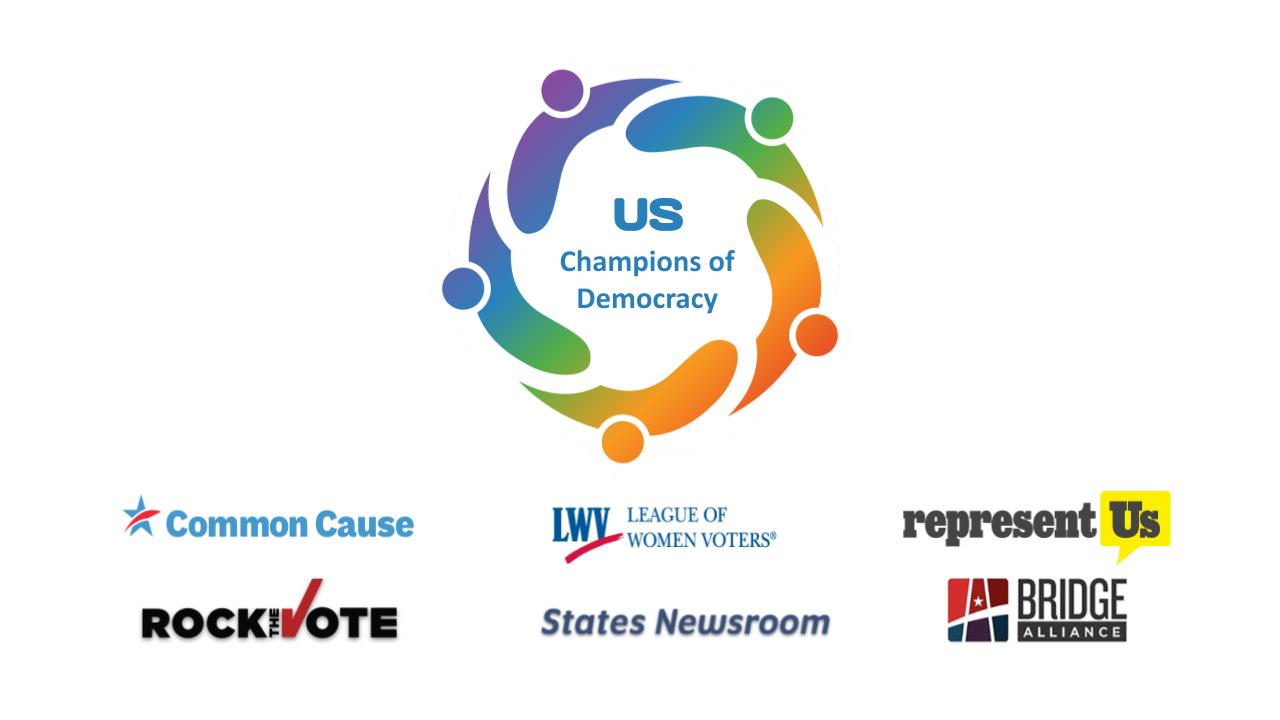News
Focus is on the upcoming “Liberation Day” for 25% tariffs
The feature US onAir Network post this week is on High Tech Manufacturing in the US.
High-tech manufacturing is the process of using sophisticated equipment and advanced technologies to produce products that require precision and high quality. To view more posts on this topic and the agencies, departments, and congressional committees and chairs working on addressing this issue, go to this Hight Tech Manufacturing category slide show.
- Throughout the week, we will be adding to this post articles, images, livestreams, and videos about the latest US issues, politics, and government (select the News tab).
- You can also participate in discussions in all US onAir posts as well as share your top news items and posts (for onAir members – it’s free to join).
Pod Save America, – April 7, 2025 (01:09:00)
Michael Lewis, acclaimed author of The Big Short, Moneyball and The Fifth Risk joins Lovett to discuss his most recent book, Who is Government? Lewis and his coauthors profile the civil servants whose thankless and unglamorous work prevents mines from collapsing, castaways from drowning, and rare diseases from killing people. He and Jon talk about why it’s so important to break down the “bureaucrat” stereotype right now, why Lewis is convinced Elon Musk has no idea how to run DOGE, and what leads the people he writes about to stand up to Trump or succumb to their personal ambition.
CHAPTERS
0:00 – Intro
0:20 – Keeping track of the numbers
5:27 – The unsung heroes of the Government
16:48 – How to talk about the good in Government
22:03 – Ad break 25:19 – Republicans Vs. Democrats
36:10 – Trump’s Government & DOGE
40:30 – Ad Break
42:37 – Trump And Elon’s Attempts to Destroy The Government
54:15 – Why Are Some Republicans Finding Bravery Where Others Aren’t?
1:01:50 – How Has Journalism Changed?
The federal statistical system is at risk. Declining data quality would compound the harm of an economic downturn or financial crisis.
Here are five risks currently facing our federal statistical system, roughly in order of when they emerged:
- Disappearing data: Numerous datasets were removed from statistical websites, suddenly and without explanation. Some have been fully restored; others have been altered; and others remain missing. The still-missing or altered datasets cover topics directly related to Administration priorities, such as gender identity, environmental justice, and law enforcement. In addition, a much wider swath of data — including economic data — temporarily went missing. Large sections of the Census Bureau’s website were inaccessible for days, an apparently unintended consequence of the bureau’s need to review and confirm that no documents about gender identity were publicly accessible. As a result, in the week leading up the jobs report for January 2025, key benchmarking data on Census population estimates were unavailable.
- Budget cuts: Statistical agencies are expecting severe cuts in the still-under-debate Fiscal Year 2025 federal budget. Those cuts would be on top of recent high attrition and Executive Orders instituting a hiring freeze and workforce reductions. Many staff who conduct surveys in-person or gather on-site data like retail prices are probationary and therefore at elevated risk of being laid off. Such cuts could force the agencies to cease production and publication of some economic indicators, or to substitute modeled estimates for hard data.
- Lost expertise:
- Privacy risks:
- Reduced trust in government data:
The Long Memo (TLM), – April 7, 2025
At the moment, the defining feature of our shared reality is what one could call “narrative warfare.” The world is breaking apart, in large part because old narratives have failed. The stories around which we have organized modern Western civilization—e.g., the purpose and role of government, the desirability of democracy, the immutability of economic laws, notions of equality, and even the very definition of “humanity” (i.e., what it is, and who has it)—are no longer holding.
We’re desperately trying to find new stories that will preserve our humanity in a post-trust, post-truth, post-industrial world that is becoming increasingly less human-centric.
Why right now? Because such radically news ideas need time to take root; grassroots movements take decades to build; and the popular imagination needs time to rethink and reacclimate.
- Degrowth? It’s a controversial idea for the here and now, but could it be a promising concept for a world of declining populations and dwindling resources?
- Middle-out economics? Venture capitalist Nick Hanauer’s idea got walloped at the voting booth in 2024, but does it offer the seeds of a long-term solution?
- A wholesale rethinking of our materialist existence? The research of Dr. Tim Kasser offers fascinating insights into human behavior via the psychological framework of materialism. (Materialistic Values & Goals, Annual Reviews in Psychology, 2016.67:489-514)
Benjamin Nealon (Sky) – June 18, 2025 (04:24)
Muriel gives her opinion on how the world became such a dark place.
Years and Years is a British television drama series which began broadcasting on BBC One in the United Kingdom on 14 May 2019 and will premiere on HBO in the United States on 24 June 2019. The series was created and written by Russell T Davies, and stars Emma Thompson as Vivienne Rook, an outspoken celebrity turned political figure whose controversial opinions divide the nation.
Paul Krugman (Substack) – April 8, 2025
By now it’s obvious to anyone willing to see — which many people still aren’t — that Donald Trump is, in practice, waging war against American greatness. And the attack is taking place on multiple fronts.
For the past few days everyone has understandably been focused on tariffs and the destruction of the world trading system. But in the long run, and maybe much sooner than that, the dire impacts of tariffs may be matched by the havoc Trumpism is wreaking in other areas.
Why is this happening? Is it about anti-science ideology, or is it about greed?
Yes.
Two months ago I wrote about how the partisan divide had become a divide between people who focus on facts and reason, on one side, and those who prefer to rely on feelings, on the other. At that point layoffs of scientists were just getting started, but I predicted that
Two plus two equals four. There are twenty-four hours in a day. And those who used their economic credibility to dismiss legitimate concerns about tariffs and trade wars should not be granted the same credibility when those concerns prove justified.
The center must be held—not because it is easy, but because it is ours to hold. And holding it requires not just asserting truth in the face of power, but demanding accountability from those whose claimed expertise enabled that power.
The market has rendered its verdict. Reality has spoken. The question now is whether our discourse will reflect it—or whether the silence of the corrected will be allowed to pass without consequence.
The stock market slides as Trump’s tariffs roil markets. Wall Street is terrified and mergers slow. Plus Capital One-Discover gets the green light, and Zuck lobbies Trump directly on antitrust.
My fourth point is commerce in the real economy is likely to slow sharply. Though jobs numbers are still pretty strong, that’s a lagging indicator and government layoffs are only starting to show up. Consumers are nervous, and with stock portfolios down and corporations slashing investment, demand will take a hit. Roughly half of spending comes from the wealthy in America, and they are the ones who can immediately cut expenditures, and will do so when stocks decline.
Finally, Republicans are going to start freaking out. Last week, multiple Republican Senators publicly said they do not support tariffs except as a bargaining ploy. Privately, the number is much higher. Top House and Senate Republicans believe that Trump will have to back down if things go badly, and things are going badly. One possible way to push back on Trump would be to use a Congressional resolution to void emergency declarations, but the specifics don’t really matter. Right now, Republicans are more scared of Trump voters than they are of Wall Street and the public, and Trump voters trust Trump. That will change when they feel the effects, but it could be too late.
There are a lot of follow-on consequences, like a sharp decline in mergers, a retrenchment of lending to less powerful firms, and increased importance of the Federal Reserve.
Scientific American, – April 4, 2025
Our conscious awareness may be governed by a structure deep in the brain.
Neuroscientists have observed for the first time how structures deep in the brain are activated when the brain becomes aware of its own thoughts, known as conscious perception.
In a study published in Science today, Mingsha Zhang, a neuroscientist at Beijing Normal University, focused on the thalamus. This region at the centre of the brain is involved in processing sensory information and working memory, and is thought to have a role in conscious perception.
The latest study is “one of the most elaborate and extensive investigations of the role of the thalamus in consciousness,” says Mudrik. But there is still a question about whether the task genuinely captured neural activity associated with conscious experience, or just tracked attention to a stimulus that was not necessarily consciously perceived, she says
Noahpinion, – April 7, 2025
No one is dumb enough to believe this. Everyone knows that rich people own a bunch of stocks, and that when the market crashes, rich people take a huge hit.
Class warfare was always a weak platform to try to win back the country. But trying to shoehorn tariffs into a “billionaires versus everyone else” narrative is simply ludicrous. This really is one of those Pareto improvement situations they teach you about in Econ 101, where a stupid policy is hurting billionaires and working-class Americans alike. A rising tide really does lift all boats when you stop a madman from drilling a hole in the hull.
In short, Democrats and progressives need to take the lead in the fight against the Mad King and his tariff madness. Tariffs are clearly not a viable economic or political program, and the people who take the lead in beating it back will become the de facto leaders of American economic policy. Be those people.
Let expressive action be expressive
What Booker’s action had in common with Sanders’ rallies is that while you could critique them as purely performative, the good news is they were genuinely purely performative. The big problem with the pressure on Chuck Schumer to filibuster a government funding bill is that the motivation was expressive, but the action people wanted had genuine real world consequences that would be counterproductive.
Does holding a giant rally accomplish anything tangible? Not really. But there’s no downside.
By the same token, I saw some snark directed Booker’s way that his grand speech didn’t achieve much. Which is true, there is just not that much on a day-to-day basis that can be done. What Booker achieved was to help a segment of the population that has been feeling pretty depressed feel inspired instead. And that’s good! Sadness at what’s happening to the country is in many ways appropriate, but feeling sad doesn’t achieve anything and it tends to be demoralizing. Feeling good about fighting back doesn’t change anything on its own, but it does lay the groundwork for constructive action. If it helps push one more person into running for office or donating to key candidates, that’s pretty good!
Politico, – April 3, 2025
It’s also worth stating that Klein and Thompson are wrong to assume that competition policy has nothing to say about the zoning and permitting restrictions that most concern them. To the contrary, these restrictions are what competition policy experts call barriers to entry, and lowering barriers to entry is in fact a tried-and-true way to increase competition and lower costs. Klein and Thompson can and should fully embrace pro-competition economics alongside their abundance thesis — not deride it as some pet project of a near-sighted anti-monopoly or anti-business movement.
Klein and Thompson are absolutely right that America must build more to increase supply and lower costs, and yes, it is the private sector who will do most of that building. But to deliver actual results for working Americans, we have to consider the market structure and market dynamics of the firms who will build and own what we create.
An abundance underpinned by healthy competition among firms will be more cost-efficient and innovative and will deliver real results. The alternative — a liberalism that builds, builds, builds without simultaneously tackling issues of corporate power and accountability — will fare no better than the failed political projects of the past.
America, America, – April 7, 2025
On Saturday, a million or more Americans—including many of you—proved we are not about to let a despotic minority of self-serving oligarchs and kleptocrats, miscreants and sycophants determine our future without a fight. The “Hands Off!” protests in every state and hundreds of cities and towns across America were both an opportunity to express our anger and demonstrate the beauty of coming together to stand up and speak out.
The hand-made signs that I saw among thousands of motivated Chicagoans (I happened to be there over the weekend) stated it plainly: “We The People Will Not Be Silenced” and “In the Name of Humanity, We Refuse to Accept a Fascist America!” and “Make America Generous Again” and “Hands Off Our Jobs” and “Save Democracy, Stand Up to Trump!” and “Due Process Is Our Process” and “My Dad Fought Nazis in Europe. It Sucks that I Have to Fight Them in America” and simply “Resist.” The chants included “We will not be silenced!” and “Rise up!” and “Fight back!”
Trump is creating national emergencies to gain more power. In the process, he’s subjecting millions to real harm.
Just as vast swaths of Arkansas, Missouri, and Kentucky were underwater, Trump announced he’s ending a key program used by communities across the country to help prepare for natural disasters like flooding and fires.
By terminating the Federal Emergency Management Agency’s program for building resilient infrastructure, Trump has cut off funds to mitigate real disasters, such as raising roads to keep them out of floodwaters or building underground storage units to prepare for droughts.
Make no mistake about what’s really going on here. While the United States has plenty of real problems to deal with, Trump is ignoring them to manufacture the fake emergencies he needs to further enlarge and centralize his power.
The Guardian, – April 7, 2025
She is one of the heirs to the Walt Disney fortune – and has long argued for rich people like her to pay more tax. Now she is working out how best to meet the challenge of Trump, Musk and the politics of chaos
“Trump is an inheritor,” Disney tells me. “He never acknowledges it, but he wouldn’t have been able to do any of the things he did without an inheritance. He absorbed the lessons of inheriting money almost unfiltered: ‘You have this money because you’re special.’ If you read about his childhood, it’s like the textbook worst way to raise a person – you know, he was violent, he was a bully and he was rewarded for that, even as a very small child. And the more money he had, the more he exhibited these bad qualities, and the more people told him he was wonderful.”
“I really don’t think it will take very much time for a lot of the people who voted for him to regret it, especially on the economy,” she says. “We’re going to have so much inflation: the tariffs are terrible. I think that there’s going to be some turning, and in the meantime we have to really work on building institutions. Black associations, neighbourhood associations, PTAs – we need to do the work of rebuilding those spaces. We need the basis of a really vibrant progressive society. We let it die.”
The US onAir Network supports US citizens and democracy by bringing together information, experts, organizations, policy makers, and the public to facilitate greater engagement in federal, state, and local politics and more civil, positive discussions and collaborations on important issues and governance.
The US onAir Network has a national hub at us.onair.cc and 50 state onAir hubs. To learn more about the US onAir Network, go to this post.
ABOUT US ONAIR NEWS
The first news items on US issues, government, and politics will start being displayed on the US onAir homepage around 9 am. Throughout the day, livestreamed events will appear under the “Latest” tab. The last news items will appear around 9 pm concluding with PBS NewsHour’s full episode with links to each video clip within the hour show. Go to the Free News Platforms post to learn more where we draw most of our US onAir news content and how to find previous daily news posts.
US ONAIR SUBSTACK
US onAir has established a substack at usonair.substack.com to provide substack subscribers a way to receive these news posts within a phone app and via email. Comments on news items can be made in the substack post. OnAir members can comment in this onAir post and/or in specific related onAir posts. Substack posts are delivered by email around 9pm Monday thru Friday.
